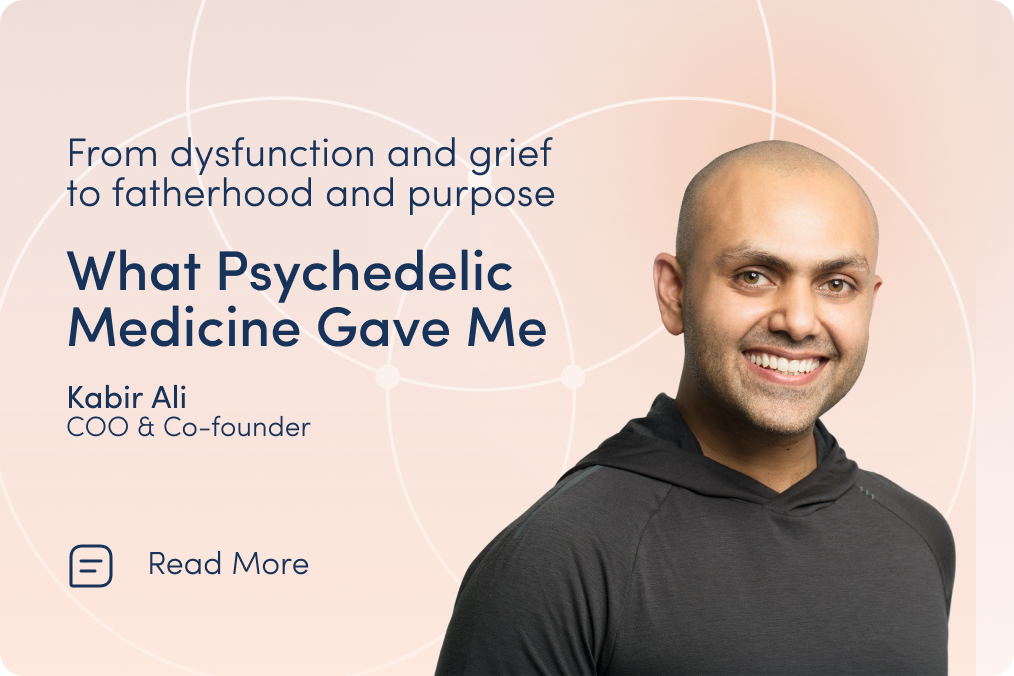
A Patient’s Guide to Ketamine Clinics
Ketamine has emerged as a promising treatment for various mental health conditions, particularly for those with depression and anxiety who have not found relief through traditional therapies. As the popularity of ketamine therapy has grown, so has the variety of clinics offering these services. Here’s a deeper look into the different types of ketamine clinics and how they vary in approach and methodology.
First, let's clarify what ketamine is and how it works. Ketamine is a unique psychedelic drug, traditionally classified as a dissociative anesthetic, which allows patients to feel detached from both the physical and psychological aspects of pain while inducing general anesthesia at higher doses. Ketamine primarily works by changing neurotransmitters in the brain, such as increasing glutamate. These neurochemical changes can stimulate the growth of neural connections and lead to more positive thoughts and behaviors. Compared to traditional antidepressants which can take weeks to take effect, ketamine can provide relief from harmful symptoms in a matter of hours or days. The rapidness of relief is why ketamine can be such a powerful treatment, especially for those with treatment-resistant mental health conditions.
Intravenous (IV) infusion clinics are perhaps the most traditional and widely recognized type of ketamine clinic. In these settings, patients receive a controlled dose of ketamine through an IV line. Sessions typically last between 40 minutes to an hour, during which patients receive ketamine without any guided therapy, but in the safety of a clinical environment. Patients are continuously monitored throughout the infusion for side effects or adverse reactions. Sessions are usually sold as a series of infusions (often six sessions over two to three weeks) followed by maintenance treatments as needed. The IV method allows for precise dosing, which can be tailored to the patient, based on their response. These clinics primarily concentrate on the administration of ketamine without therapeutic integration, making them ideal for patients seeking straightforward pharmacological intervention.Spravato (esketamine) is a nasal spray formulation of ketamine that has been approved by the FDA specifically for treatment-resistant depression. Spravato is offered in certain designated clinics under medical supervision and 2 hours of monitoring, but not typically in the context of therapy. Spravato differs from generic ketamine, in that Spravato isolates one enantiomer, or structural type of ketamine, while generic ketamine is an equal mixture of both enantiomers. Since Spravato is FDA-approved, it may be covered by many insurance policies, while generic ketamine is much less frequently covered. Patients who qualify for Spravato are usually already on an antidepressant. Using a nasal spray allows for a less invasive approach than IV infusions. Again, this method is not commonly combined with psychotherapy. This method is particularly beneficial for patients who are apprehensive about needles or prefer a quicker, less invasive treatment option while continuing the standard of care and safety from a clinic setting.

With the rise of telemedicine, some clinics now offer ketamine therapy through virtual platforms. These telehealth clinics provide consultations, assessments, and follow-up appointments remotely, making it easier for patients to access care from the comfort of their homes. Patients can receive initial evaluations and ongoing support without needing to travel, which is particularly beneficial for those in remote locations or with mobility issues. After thorough assessments, healthcare providers can prescribe at-home ketamine treatments, in the form of nasal spray or oral lozenges, allowing patients to self-administer independently or under guidance. During the ketamine session, a clinician typically monitors the patient over a video call. However, due to the lack of direct clinical supervision with the at-home treatment option, it may not be ideal for patients who have any significant medical or psychological conditions or for patients wanting to feel physically supported during their journey. While some telehealth clinics primarily focus on pharmacotherapy, many also provide access to therapists for integrated care after ketamine sessions, ensuring a comprehensive approach to mental health treatment. Telehealth clinics often offer more flexible scheduling options, accommodating patients' busy lifestyles.Some ketamine clinics take a more holistic approach by integrating psychotherapy into their treatment plans. This method, known as ketamine-assisted psychotherapy (KAP), acknowledges that mental health issues often require comprehensive care. Patients receive generic ketamine through various routes of administration, such as intramuscular (IM) injections or oral lozenges, in conjunction with psychotherapy sessions. During these sessions, a patient is actively guided through the experience by a provider trained in KAP. These sessions typically include one or more preparation sessions in which the patient and provider discuss intentions with the treatment, and an integration psychotherapy session post-treatment to most effectively apply lessons or discoveries into a patient's life. Psychotherapy, when provided before, during, and after ketamine sessions, can maximize and prolong benefits.
In addition to traditional psychotherapy, these clinics may offer different techniques such as cognitive-behavioral therapies, mindfulness practices, or other therapeutic methods. The clinic setting is often designed to facilitate relaxation and openness, creating a safe and comfortable space for patients to explore their thoughts and feelings during or after their treatment. Clinicians often customize treatment plans based on individual patient needs, focusing on both pharmacological and psychological support. By combining medication with therapy, this treatment is ideal for patients wanting more sustainable improvements in their mental health and well-being.Choosing the right type of ketamine clinic depends on your individual needs, treatment goals, and comfort level with different methods of administration. Typical IV infusion clinics provide a standard medical environment; Spravato clinics offer a similar but less invasive option; telehealth clinics offer flexible scheduling with online support, and KAP-focused clinics provide a more comprehensive approach to mental health care. Always consult a qualified healthcare professional to discuss your options and determine the most appropriate treatment path for your specific circumstances. With the right support and environment, ketamine-assisted therapy can be a powerful tool in the journey toward mental well-being for those who qualify.

Mystic Health Blog

FAQs
1. Am I eligible for ketamine therapy?
2. Does insurance cover the cost of ketamine therapy?
3. How many ketamine treatments will I need?
We recommend two initial treatments to determine suitability and adjust dosage. After these sessions, additional treatments are available based on your progress and specific requirements.








